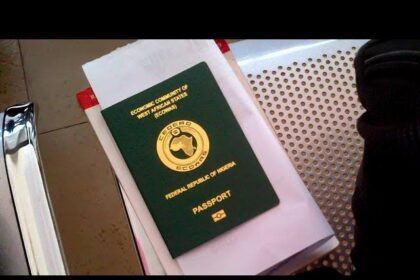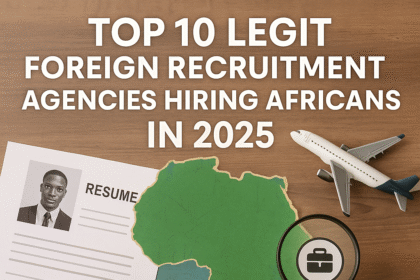The gates to the American educational dream have reopened, The US Study Visa.
The gates to the American educational dream have reopened, so if you’ve been waiting to pack your bags for admission to Harvard, UCLA, MIT, or any of the thousands of colleges and universities in the United States, get ready.
“What’s on your social media?”
Uncle Sam will now ask, “What’s on your social media?” before issuing your student visa.
The U.S. Department of State has officially resumed processing F, M, and J visas (for academic, vocational, and exchange programs) as of June 18, 2025.
The game-changer, though, is that if you want the coveted visa sticker in your passport, you have to make your social media profiles public.
What’s New?
U.S. embassies have taken a daring new step under the increased vetting procedures, requiring all applicants for student visas to:
1. Provide a list of their social media accounts.
2. Make public their privacy settings.
3. Prepare for officers to examine, take screenshots of, and evaluate online conduct.
This implies that your profile pictures, posts, tweets, and memes may now be included in your immigration screening. If you don’t comply or if your content raises suspicions, your visa can be delayed or denied.
Why Is US Doing This?
The State Department says this is all about ideological vetting and national security. Authorities will look for:
1. Antagonism towards American institutions or the government
2. Encouragement of hate speech, terrorist organisations, or antisemitic material
3. Indications of extremism or violence incitement
4. And even contentious political involvement
You may be subject to lengthy processing times, questioning, or denial if anything in your public social feed appears suspect.
To whom does this apply?
Everyone. This regulation is applicable to everyone applying for a U.S. student visa, regardless of where they are from—India, Nigeria, China, Brazil, or any other country.
1. New applicants
2. Students returning and renewing their visas
3. Exchange program participants (J-1)
4. Even exchange students from high school
Regional exclusions do not exist. The screening is international.
What Officers Can Do?
Officers are now specifically instructed to:
1. During interviews, go over your social media presence.
2. Capture screenshots of posts that are troublesome
3. File reports if they believe you pose a “threat to public order.”
Processing timelines could be prolonged by weeks or even months as a result of this procedure, if additional review is necessary.
What Should You Do?
This is your course of action if you’re serious in studying in the United States:
1. Examine all of your accounts, including LinkedIn, Facebook, Instagram, Twitter/X, and TikTok.
2. Temporarily make all profiles public.
3. Remove or archive any posts that are offensive or provocative.
4. Be truthful while applying for a visa; lying will not be accepted.
Advice: Maintain a tidy and professional appearance. It won’t hurt to post a few academic updates and selfies. An extreme post or political tirade might.
The Dates US Student Visa Applicants Must Know
Visa interviews officially resumed on June 18, 2025, marking the end of a temporary suspension that began in late May 2025. The pause was put in place to finalize new vetting protocols, particularly involving the mandatory review of applicants’ social media accounts.
Now that the updated procedures are in effect, international students can once again schedule their interviews at U.S. embassies and consulates worldwide. However, all applicants must be prepared for online screening of their social media presence as part of the revised visa assessment process.
Reference Link
CLICKLINK









